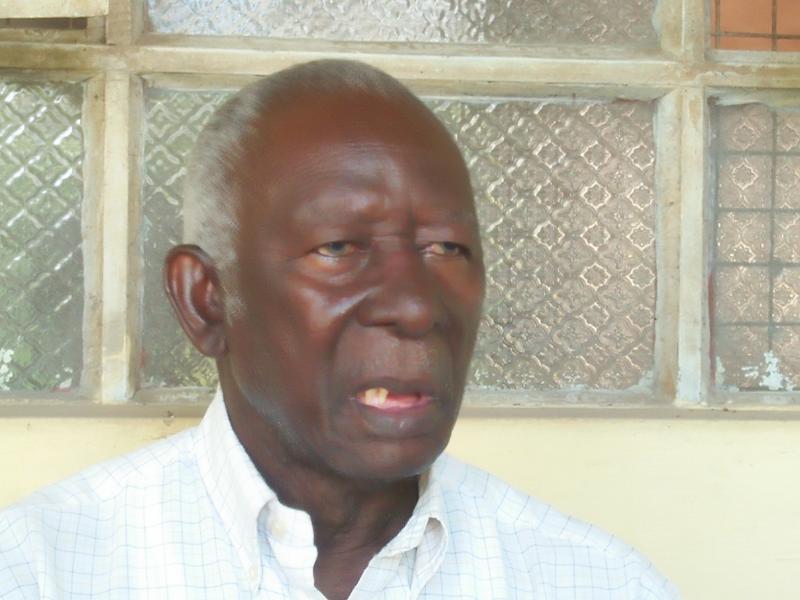×
The Standard e-Paper
Fearless, Trusted News

Their forefathers were freed by the British Royal Navy more than a century ago but they do not feel truly free yet.
They are scattered into various coastal tribes and most of their land was arbitrarily alienated and taken away.